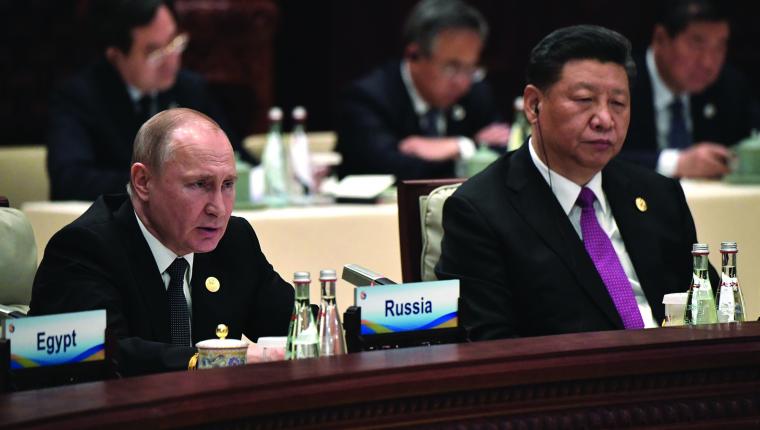
Tutan, U. (2019/2020). Political-economic reconfigurations in global power systems: From the 18th century up until today. Belt & Road Initiative Quarterly, 1(1), 31-42.

This work is licensed under a
Creative Commons Attribution 4.0 International License.
This article examines political-economic strategies followed by the major countries that shaped the historical course of capitalism. Special attention will be paid to how these strategies have affected the configuration of power in the world. The aim is thus to understand the effect of global power systems on the world political economy and to make certain estimations regarding the course of the cooperative mechanisms that are being formed in today’s environment under the initiative of People’s Republic of China. As such, the article will undertake a geopolitical-economic analysis based on incorporated comparison and process tracing. This analysis is based on the case of Britain and the United States, which illustrates how unipolar power systems –characteristically underpinned by (neo)colonial exploitation, zero-sum policies, cyclical economic crises and belligerence– are doomed to long-term instabilities. The article also argues that a requisite condition for a stable system of multipolarity is to rely on nation-states as the primary political entity in world affairs, creating independently planned National Innovation Systems in selected strategic sectors, and providing an adequate educational system that responds to the requirements of these sectors. Economically weaker countries would not be able to fully benefit from multipolarity unless they satisfy the abovementioned three conditions, which also explains the historical success of countries such as Germany, Japan, and South Korea. The article maintains that, as the world is marching towards a multipolar system, leading economies of the Global South seem to establish closer partnership with peripheral economics based on socio-economic and political strategies inspiring humanitarian and peaceful values. However, peripheral economies can maximize the benefits of comprehensive partnerships such as the Belt and Road Initiative, only if they deepened their participation having fully determined their real necessities and aspirations.
Keywords:China, multipolarization, world system, globalization, unipolarity
